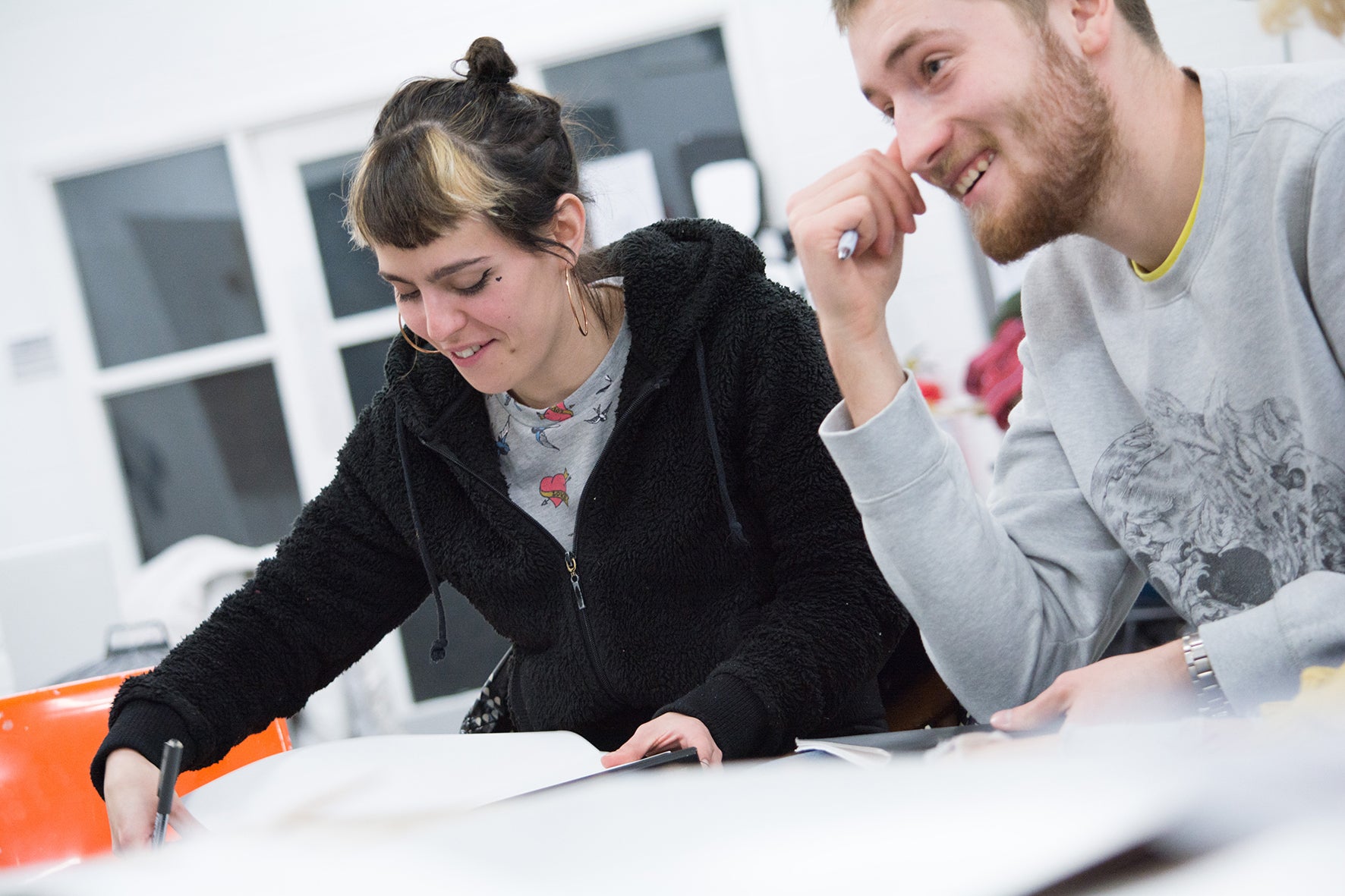Launching a business before leaving university
The opportunities for entrepreneurial students are there for the taking and many are now launching their first enterprise before even leaving university

Your support helps us to tell the story
From reproductive rights to climate change to Big Tech, The Independent is on the ground when the story is developing. Whether it's investigating the financials of Elon Musk's pro-Trump PAC or producing our latest documentary, 'The A Word', which shines a light on the American women fighting for reproductive rights, we know how important it is to parse out the facts from the messaging.
At such a critical moment in US history, we need reporters on the ground. Your donation allows us to keep sending journalists to speak to both sides of the story.
The Independent is trusted by Americans across the entire political spectrum. And unlike many other quality news outlets, we choose not to lock Americans out of our reporting and analysis with paywalls. We believe quality journalism should be available to everyone, paid for by those who can afford it.
Your support makes all the difference.Most students view their degree as the way to improve their career prospects. But some are far more targeted, seeing university as the launchpad for starting their own business
While The Apprentice might (possibly) launch one young entrepreneur a year, some universities have far more ambitious targets.
Team Entrepreneurship, a BA (Hons) Business course established at the University of the West of England (UWE Bristol) in 2013, is attracting around 60 students each year. Like a conventional degree, it takes three years to complete; but there the similarities stop. There are no compulsory lectures or even exams. Instead, each student has a tailored programme to equip them with entrepreneurial and teamwork skills ready to launch their own business or become effective team players within dynamic and changing organisations.
In UK terms it's ground-breaking, although it borrows from successful methods pioneered in Finland and tested in Spain and Hungary. While it may be a less traditionally structured course, Team Entrepreneurship students can attend any lecture and access all Business School teaching staff as well as other departments in the university.
But the entrepreneurial opportunities at university aren’t restricted to specific courses, UWE Bristol has a dedicated Enterprise Team helping more than 300 students from across all academic disciplines realise their start-up ambitions.
Thomas Paris exemplifies the spirit of entrepreneurialism being fostered. Now 27, he remembers the moment when he decided that his goal was to run his own enterprise. “I was 16,” he says. “I realised that I just didn’t want to work for anyone else.
“In the years in between I have had to, in order to gain experience and pay the bills, but the support I’ve received at university has given me everything I need to start my new business.”
That venture is scubawhere.com - a comparison website for scuba-diving experiences, from a single day trip to overnight live-aboard trips. The site is the customer-facing side of a custom-built, cloud-based reservation system, scubawhereRMS, allowing for scuba schools worldwide to manage their reservations more dynamically and efficiently.
It’s an industry close to Thomas’s heart: between school and UWE Bristol, he cut his teeth working for specialist travel agencies in Australia and New Zealand as well as becoming a qualified scuba instructor. “Most scuba schools aren’t good at promoting themselves or managing bookings – lots is still done on paper and by email,” says Thomas. “I aim to revolutionise and digitally enable the way the sector operates.”
With the official launch pencilled in for 2016, Thomas is already talking to several global players in the scuba business who see the new portal’s potential benefits.
While Thomas brings his scuba savvy to the party, computer programming is undertaken by two other UWE undergraduates, in return for equity. Several awards and grants have funded outgoings, while the other big start-up cost - paying the bills while a business gets underway – has effectively been funded by Thomas’s student loan.
However, the biggest single benefit, in Thomas’s eyes, has been testing out his ideas in a virtual environment – learning from mistakes in a supportive, fail-safe environment. “I’ll also have a business that’s cost a fraction to launch compared to similar ventures,” he says.
“The students who work with the Enterprise Team not only develop the skills but also the confidence to run their own enterprise,” says Katie Martin, an Enterprise Team Advisor at UWE Bristol. “You can see the appeal from their perspective: today’s students pay a lot of money for their university education: this is one very good way to guarantee a sound return.
“Even if they decide not to go ahead with their initial business idea, the skills, network and CV they acquire is a great platform for any career.”
Join our commenting forum
Join thought-provoking conversations, follow other Independent readers and see their replies
Comments